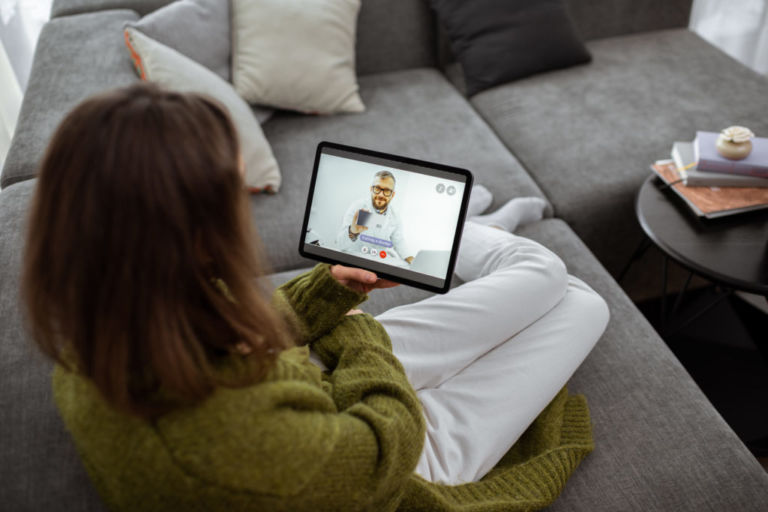Last month, I started a monthly column on the America’s Future Foundation Blog. The column focuses on how to incorporate liberty-centered ideas into your routine to better your life – whether that is saving you time, money, or anxiety.
December’s column focused on my experience with telemedicine. Telemedicine allows patients to set up a virtual doctor’s appointment via phone call or video chat. The doctor can then listen to their symptoms, ask questions, and send any necessary prescriptions right to the patients’ neighborhood pharmacies.
Not only are appointments more convenient and comfortable for the patient this way, but patients can save a sizeable amount of money. In my column, I explained how much money I saved by making a virtual visit:
Not only was the experience extremely convenient, but it was supremely inexpensive. The appointment cost me only $45, and they even told me the price before I scheduled a call with the doctor. For reference, last time I had this exact same health problem, I went to an urgent care nearby and was charged exactly $210. That is over 450 percent more expensive! Even if you don’t have health insurance, you can still save money and hassle using telemedicine. Many companies accept uninsured patients – Doctor on Demand, for instance, has a flat rate of $75 for uninsured customers.
I also explain why telemedicine works:
What makes telemedicine so great is that it puts (at least some) power back in the hands of the consumer. Unlike a traditional doctor’s visit, where you don’t know the price of the visit until it is over, telehealth companies give you information up front about what a visit is going to cost… With more telemedicine companies getting into the market, the healthcare industry (possibly for the first time ever) could start to see some meaningful competition. This healthcare model allows you and I the freedom to choose when (many offer appointments 27/4), where (your mobile device allows you to call a doctor from your couch, your office, your bathroom floor, etc.), and with whom (only want a lady doctor? There is a feature for that) you make an appointment. And that is a welcome change in healthcare.
We, here at the John Locke Foundation, have been consistent proponents of expanding telemedicine. To see it expand further and help more patients, our Jordan Roberts explains:
Although health care is one of the most regulated sectors in America’s economy, lawmakers should let the untapped benefits of telemedicine come about through market forces, rather than regulation. Physicians may gradually adopt telemedicine services into their practice as they gain more confidence in its usage. Others may see it as a cost-effective way to treat or diagnose more patients than they could in a traditional manner.
Read the full piece here. Read Jordan Robert’s telemedicine regulation dos-and-don’ts here.


